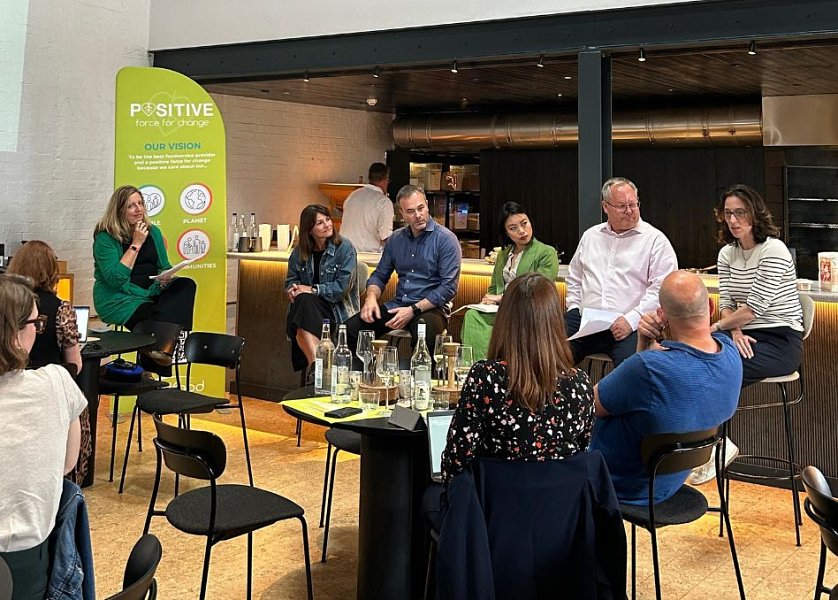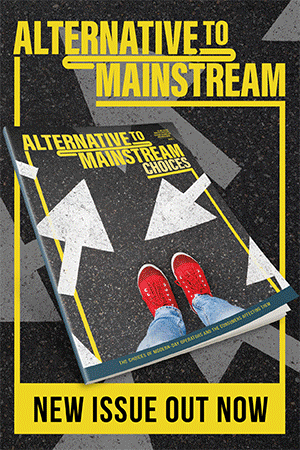Bidfood highlights the importance of making sustainable choices
The company’s recent sustainability event focused on the use of low impact ingredients and seasonal products to make healthier dishes

Prior to the recent election, the government’s commitment to achieve zero greenhouse gas emissions by 2050 placed a lot of pressure on the food and drink industry. Accordingly, Bidfood, one of the UK’s leading wholesalers, called upon the industry to work in collaboration towards a more sustainable future, in an event showcasing how foodservice can reinvent its menus.
Research has shown that 78% of consumers find the following three factors ‘most important’ when buying food and drink products - natural ingredients (37%) environmental impact (22%) and how ethical a product is (19%) thus highlighting the importance of getting these points across on menus.
Bidfood’s sustainability event, Plateful Pursuits for Positive Change, focused on low impact ingredients, food surplus and how caterers can reinvent their menus with seasonal produce and healthier and more inclusive dishes, while also taking into account animal welfare and carbon data.
Under the theme ‘pay attention to reinvention’, the day consisted of insightful talks from some of the key players within the industry that promote sustainability, including the Sustainable Restaurant Association, Allmanhall, Upfield, Earthshot prize winners - Notpla and pioneers in climate intelligence technology - CarbonCloud.
Bidfood has made great strides towards its sustainability strategy, especially in more recent years, with a goal to achieve net zero emissions by 2045 across Scope 1, 2 and 3. Just recently, the wholesaler added its name to the ‘Lobbying for Good’ open letter to mandate food waste reporting, became a member of the UK Roundtable on Sustainable Soya, removed all EPS from its disposables range and partnered with CarbonCloud to footprint its products.
Julie Owst, head of sustainability at Bidfood, who is pictured above left, explains: “There’s a lot of work to be done to make food more sustainable and a key part of this is education and awareness, which this event has successfully achieved.
“The food we’re all eating, and unfortunately wasting, is a massive contributor to carbon emissions, so the food industry has a great role to play in influencing consumer behaviour about the food they eat. Carbon data will help, but we mustn’t forget other factors, such as adopting regenerative farming methods and prioritising products with accreditations and certifications.
“It’s our mission to be a positive force for change at Bidfood, however, we can’t do it alone. Collaboration across the industry will be key to making that change. My team and I are very excited to be working on a solution to help the industry make more responsible choices and create that crucial educational piece so consumers can eat more sustainably.”








